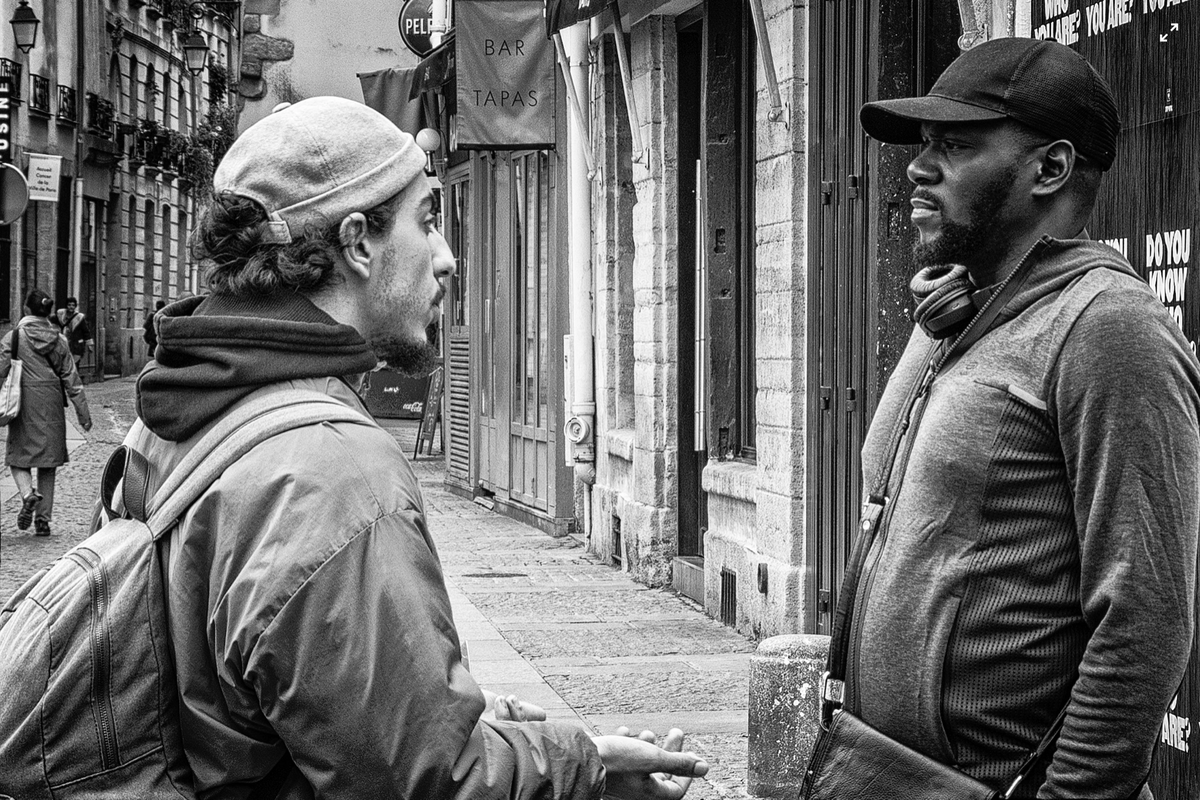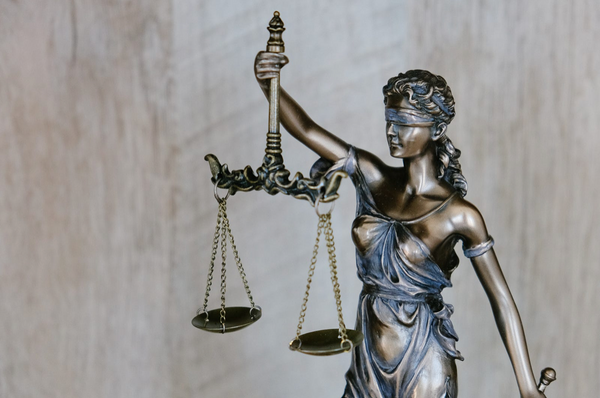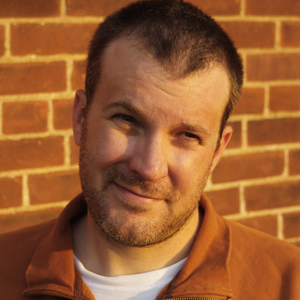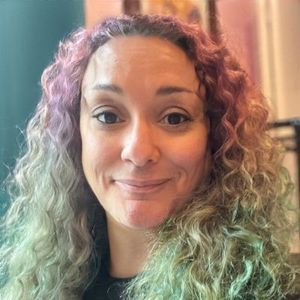Recently I read a series of Twitter posts from a Black man who left a church after several unpleasant interactions with the pastor regarding race (his) and enslavement. There was more to the story than just this one offensive topic—this was the breaking point for a Black man and his family who never were fully accepted into their church, and although they loved the church notionally, they realized they had to leave as their very being was disrespected and they themselves were neither fully seen nor loved.
I expressed my emotions to him and his family of my own sorrow and grief that he had been treated this way. And I added that I had to read his original post more than twice because my head could not wrap itself around the idea that a well-meaning pastor of a mostly white church with Black members could openly say the words that enslavement of this parishioner wouldn’t be “sinful” as long as the pastor treated this Black man “as Paul commanded.”
I thought the interaction ended there. I had done well. But then someone responded that, based on my statement, I was admitting that I was unable to hear the truth of this man’s statement, and instead was listening to the innocence of the white pastor. I’ll confess that set me back. Why of course I was willing to hear it!
But no. I wasn’t.

I realized later what they were saying. I did have to read the statement, several times, because I had that filter on that “pastors are generally good-hearted and well meaning, so any fault is inadvertent and more likely a miscommunication.” As much as I thought I was supporting that parishioner, my initial reaction was to support the unnamed pastor. The statement itself didn’t change. It was reprehensible. But I didn’t want to see it as what it was. I defaulted to white innocence. First for the pastor. And then, when called to account, for me.
I had to apologize for not seeing the Black man’s story when he himself was telling it. My first response was to not hear it.
Which prompted me to spend some time thinking about the things we white people do in good faith or ignorance that result in harming the Black, Indigenous, and People of Color we interact with. We do what we know how to do, and we do it for motives that seem right and good to us—but the reality is that our actions and our intentions don’t matter when the result is the harm inflicted upon another person.
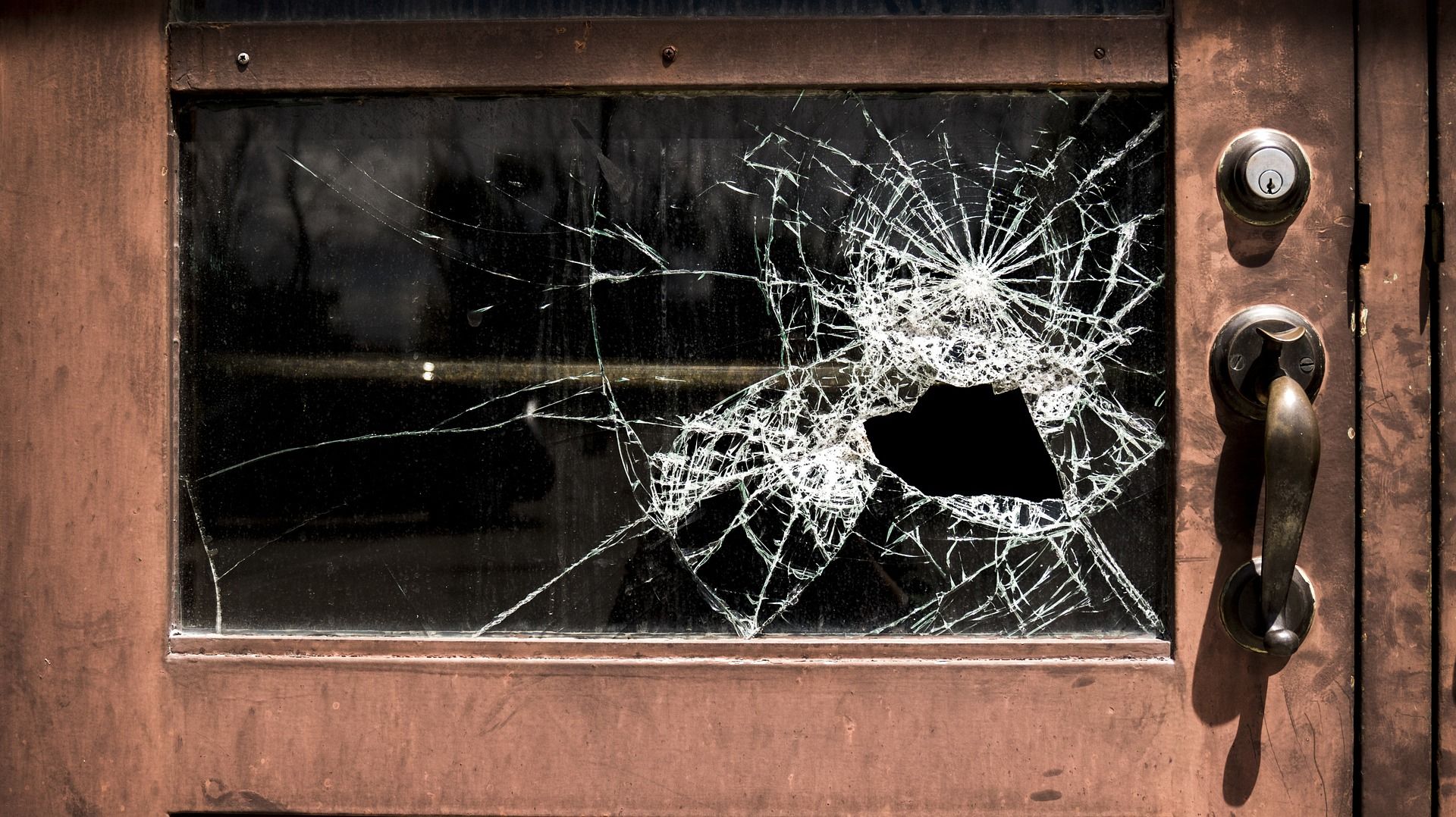
That pastor may have thought he was defending a theological linchpin for his faith, but what he was doing was degrading a human being standing in front of him in exchange for “holding fast the faith” in a way that made sense to him as a white pastor.
And I . . . well, I have certainly made these types of offensive “good faith arguments” or made “good faith decisions” that ended up harming people, deeply, and yet I have treated my own innocence as more important than the people that I have wounded.
“Surely you can’t imagine I don’t believe you, my friend, but are you sure that the police are targeting you for harassment just because you’re Black?” I’ve said those words, to someone I claim is my best friend. I was defending the all-white police force in my town (as well as the nearly all-white town itself) and in doing so was essentially telling my friend that his words were lies.
My first response was to not hear it.
I’ve made more than a few of these kinds of comments to people who not only had done me no harm but who had brought me into their lives to be with them and their friends and families. And I’m sure that others like me have done the same thing, confidently saying or doing things that we just think are okay to say and do to our Black friends and family members. Surely they understand that I mean well. Right?
I’ve been in the presence of white people, along with a Black friend, who’ve said straight out that poverty-alleviating programs create lazy people. I didn’t say anything. I just looked around the table at the white faces who all agreed and then looked at the face of my friend—who did not react at all. They just don’t know any better. You can’t blame them. They don’t mean any harm.
I can look back now and realize that my refusal to speak up or to see what was happening or to admit that I didn’t understand is the result of my white innocence. It just can’t be that bad, I think. And so I don’t need to respond in a way that might offend . . . the people who look like me.
Gulp.

I wish I could say that I’ve learned my lesson and that I don’t cave in to that pressure to side with my white social group even in the presence of my Black friends. Maybe I don’t as much anymore. But I still do.
Which leads to my next thought: what do I do after I show my disloyalty or distrust of my friends and family by siding with white racist viewpoints?
The part where I admit I was wrong is hard to do, but I’ve done it. And will continue to do so.
The part where I ask for forgiveness is also hard to do, but I’ve done it. And will continue to do so.
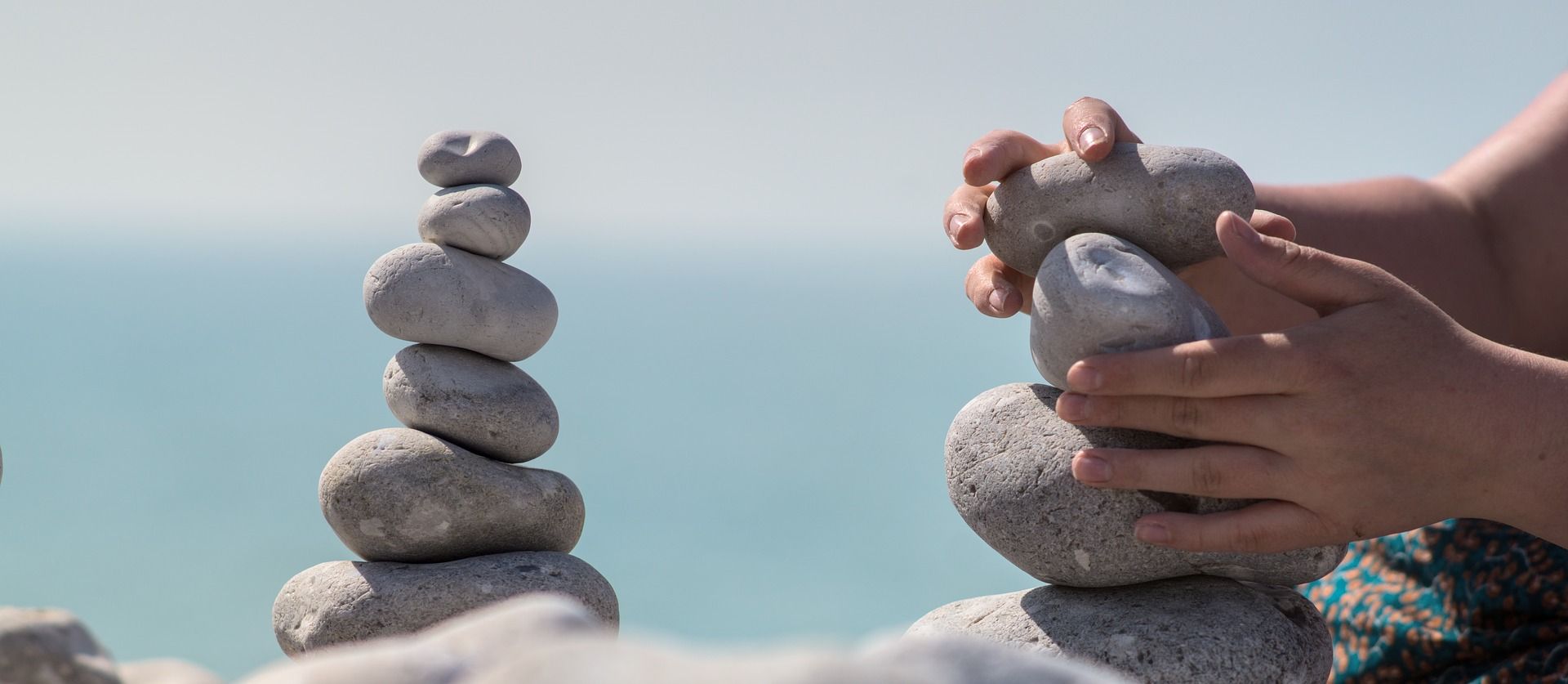
But then . . . there is that chasm between the effort to be forgiven and the choice to forgive someone. And that is the part that I cannot control because that is given by another—and I cannot demand it.
A few times I’ve tried to bring up my actions to my friends, not to “explain” but to admit. I was wrong in not believing you. I was wrong in not sticking up for you. I was wrong for not defending you. I was wrong in how I treated your trust in me.
In almost every case my friends have said, “it’s not that big a deal,” or “you didn’t know any better,” and similar statements. Which sounds nice. But it’s not really dealing with the situation because the wound is still there, and the distrust is established, and as far as I know, a continual build-up of disappointments and wounds leads to the evaporation of a relationship, whether it is over one occurrence or over a long series of repeated betrayals and falsities.

I thought about that when I first read the response to my tweet. I could never get back that moment of trust with that unknown-to-me Black man, whether he heard what I said and understood it or not. I had started out by not believing him, and instead by believing the pastor, who was also unknown to me. My initial response was to fall back on my patterns. Only after reflection and correction did I see my error and have the harm I caused become apparent to me.
That’s something I have to work on. I’ve been working on it for more than a decade, diligently, trying to let go of the white centering of my life. I’m still working on it. It’s still important to me because I want my friends, my family, and all those whom I encounter to trust me as someone who will respond immediately with the response of my trust.
I have to unmask myself and be transparent, both about my actions and about my responsibility for what I did.
I wish I could go back in time and erase my words and block my actions. But the reality is that none of us can change the past, most especially the past that we ourselves created by our actions. What we have to do when we understand our fault and understand the pain that we’ve caused is to admit our fault, to asking those whom we’ve offended to hear us and forgive us, to commit to changing our behaviors—and then to do our best to do what’s best.
What I have to do is more direct and more personal: I have to go back to my friends and ask them for their input and insight as to what they witnessed in me. I have to unmask myself and be transparent, both about my actions and about my responsibility for what I did. I have to ask them what they thought and felt when they witnessed my flameout. I have to ask my friends to forgive me for not being their friend, first. And I’m going to have to hope that they can give me another chance to be a better friend, and also hope that my own commitment to be better will be something I can do.
Each of us will approach these situations differently, and there’s no right or wrong answer other than to be as sensitive as we’re able. These are tough moments, but tougher for our Black friends—and it is so worth the effort to learn from them and grow.


